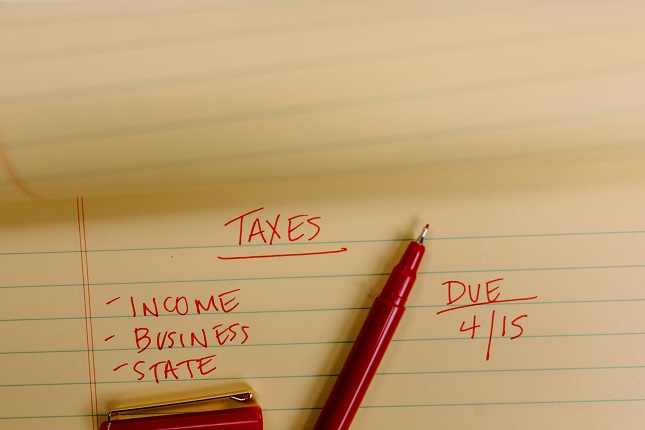Businesses operate in a dynamic environment where managing tax obligations alongside daily operations can be challenging. Deadlines loom, and financial complexities often necessitate additional time to compile and file accurate tax returns. This is where Form 7004, the Application for Automatic Extension of Time to File Certain Business Income Tax, Information, and Other Returns, becomes invaluable.
Form 7004 grants businesses an automatic six-month extension to file their tax returns, ensuring compliance without the pressure of rushed submissions. However, it is crucial to understand that while this form provides an extension to file, it does not extend the deadline to pay any taxes owed. Businesses must estimate their tax liabilities and pay the required amount by the original due date to avoid penalties and interest.
In this article, we’ll explore who needs Form 7004, the filing process, required information, deadlines, penalties, and the advantages of e-filing.
What is Form 7004?
Form 7004 is used by businesses, partnerships, trusts, and certain other entities to request additional time to file their tax returns. This extension is granted automatically upon filing the form, meaning no explanation is required. It covers several tax forms related to business income, information reporting, and estate and trust tax filings.
While Form 7004 provides an extension to file, it does not grant an extension to pay. Any taxes owed must be paid by the original due date to avoid penalties and interest charges. Businesses should estimate their tax liability and make the necessary payments when requesting an extension to avoid any late payment penalties.
Who Must File Form 7004?
Form 7004 applies to different types of business entities, including:
- C Corporations
- S Corporations
- Partnerships
- Multiple-member LLCs
- Certain estates and trusts
Information Required to File Form 7004
To e-file Form 7004, businesses need to provide the following details:
- Full Legal Name
- Current Address
- Employer Identification Number (EIN) or Social Security Number (SSN)
- Tax Year
- Applicable Extension Form (e.g., Form 1065, 1120, 1120-S, etc.)
Due Date for Filing Form 7004
The deadline for submitting Form 7004 aligns with the original due date of the business tax return. Here are some of the common deadlines:
- Partnerships & S Corporations: March 15 (for calendar-year filers)
- C Corporations & Trusts: April 15 (for calendar-year filers)
If the deadline falls on a weekend or federal holiday, the due date is extended to the next business day.
Penalties for Late Filing and Payment
Though there is no specific penalty for not filing Form 7004 on time, failing to file the actual business tax return or the extension form itself can lead to penalties:
- Late Filing Penalty: The IRS may impose a penalty if a business files its tax return without a valid reason after the deadline.
- Late Payment Penalty: A penalty of 5% per month (up to a maximum of 25%) applies to unpaid tax balances. This penalty can be waived if at least 90% of the total tax is paid by the original deadline and the remaining balance is paid by the extended due date.
- Interest Charges: The IRS also imposes interest on unpaid taxes, which continues to accrue until the balance is paid.
To avoid these penalties, businesses should estimate their taxes owed and make payments by the original deadline, even when requesting an extension.
How to File Form 7004?
Form 7004 can be filed electronically or by mailing a paper form to the IRS. The IRS encourages businesses to e-file for faster processing and confirmation of receipt. Businesses that choose to file by mail must ensure that the form is completed and sent to the correct IRS address based on the entity type and location.
Why Businesses Should E-File Form 7004?
E-filing is the preferred method due to its many advantages:
- Faster Processing: IRS systems process e-filed forms more quickly than mailed submissions.
- Immediate Confirmation: Businesses receive instant verification upon submission.
- Reduced Errors: Digital submission minimizes common mistakes that may lead to rejections.
- Secure & Reliable: Electronic filing reduces the risk of lost or delayed paperwork.
For businesses seeking efficiency and peace of mind, e-filing is the optimal choice
Final Thoughts
Form 7004 is an essential tool for businesses that need more time to file their tax returns. While it provides an automatic extension, it does not extend the deadline for tax payments. Businesses should file the form before their original deadline and pay any estimated taxes to avoid penalties. E-file the extension on time and extend the original tax deadline to stay compliant and avoid last-minute rushes and penalties.







































